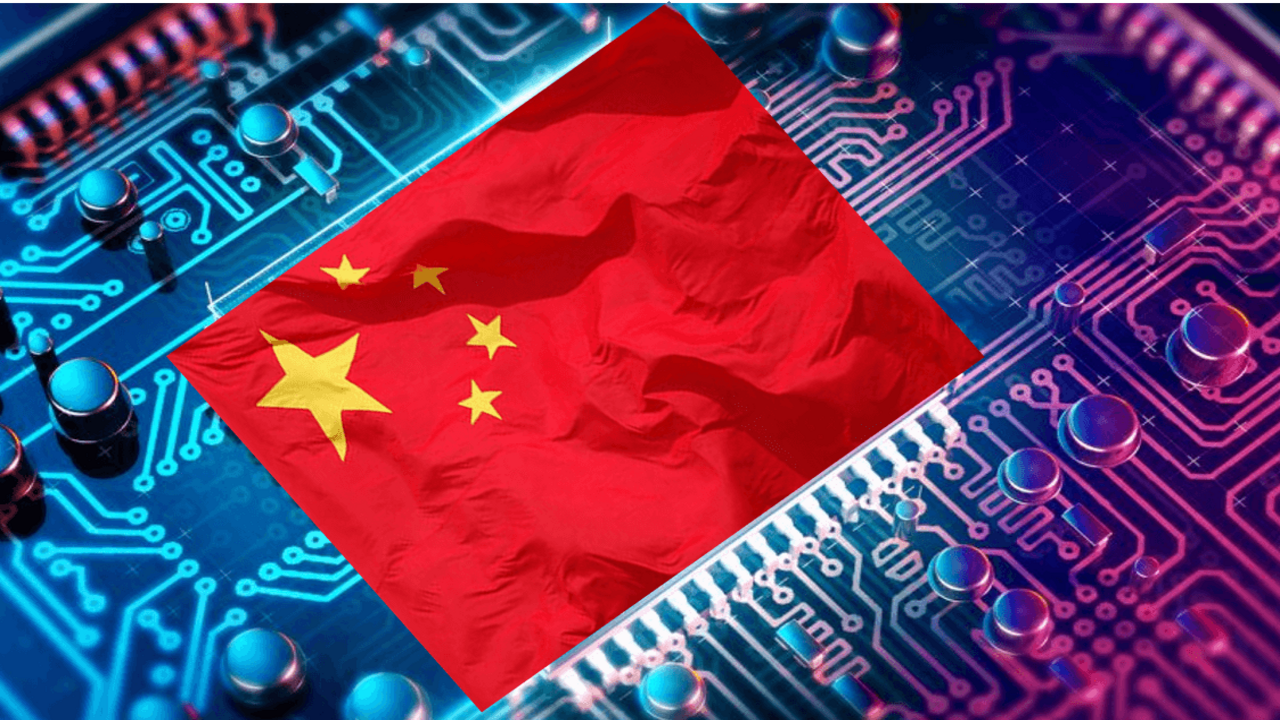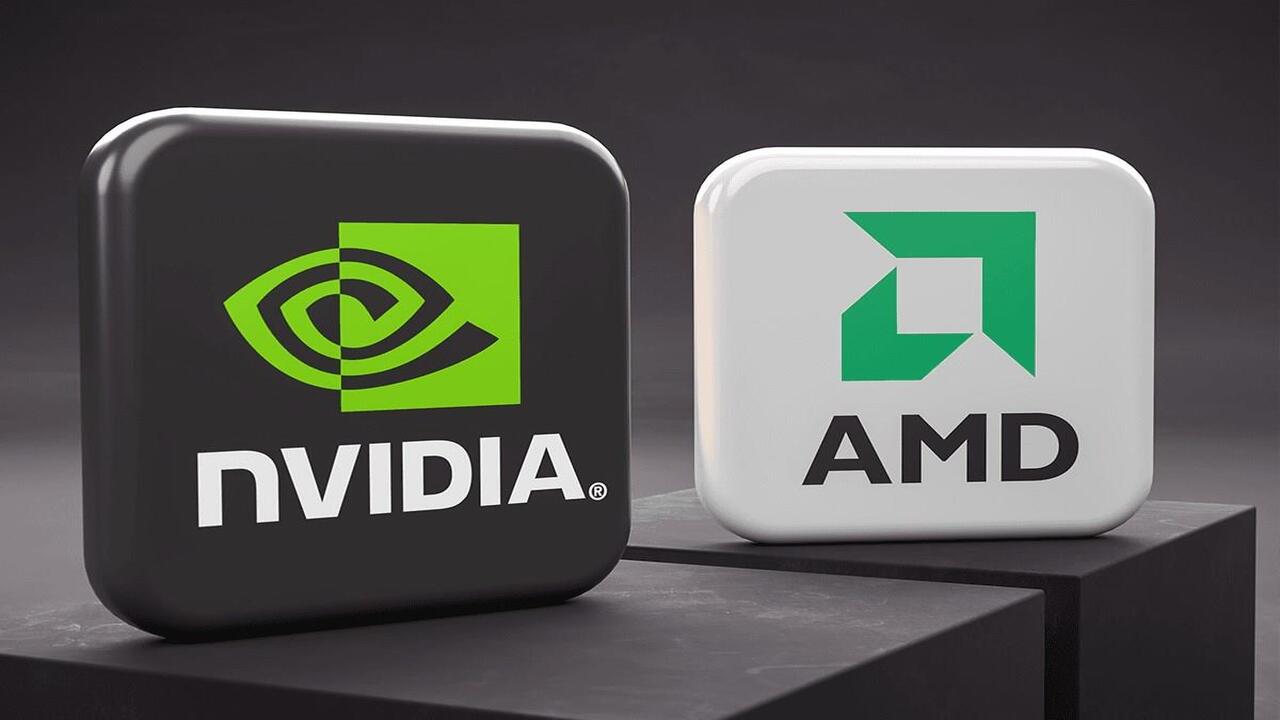The US government has entered a new era for AI chip exports to China. Nvidia and AMD have agreed to pay the US government 15% of the revenue generated by advanced AI chips sold to China as taxes. This agreement was implemented as a licensing condition after the export of such chips was reinstated.
Nvidia and AMD’s revenue declines in the Chinese market
The decision specifically covers chips used in advanced AI applications, such as Nvidia’s H20 model, and high-end hardware like AMD’s equivalent, the MI308. These products were previously subject to a sales ban to China on national security grounds.

In April, the US administration halted exports of these chips. However, last month, Nvidia announced that export permits had been reinstated and shipments to China would begin soon. The Commerce Department also recently began issuing license approvals for the relevant products.
The revenue-sharing requirement introduced under the new licensing policy is notable as the first direct revenue model implemented by the US for technology exports. A US official speaking to Reuters stated that the agreement was designed as part of export control policies and primarily applies to strategic products. Nvidia, which was unable to ship products to the Chinese market during the export ban, is returning to the market under the new regulation and is required to transfer 15% of its revenue to the US.
Nvidia’s revenue from the Chinese market is approximately $17 billion, representing 13% of the company’s total revenue. AMD’s revenue from China, on the other hand, reaches $6.2 billion, representing 24% of its total revenue. Calculated based on these figures, the revenue sharing agreement with the US translates to an annual contribution of billions of dollars.
Nvidia’s statement said, “We are complying with the US government’s regulations for our participation in global markets. We have not shipped H2O to China for months. However, we hope that the export control regulations will allow the US to compete in both the Chinese and global markets.” AMD declined to comment.













